Exploring Turkey during Ramadan promises a fascinating blend of cultural richness and spiritual discovery, all you have to do is to get your facts straight before planning your trip.
Are you wondering “Can I visit Turkey during Ramadan?”? Here is all you need to know.
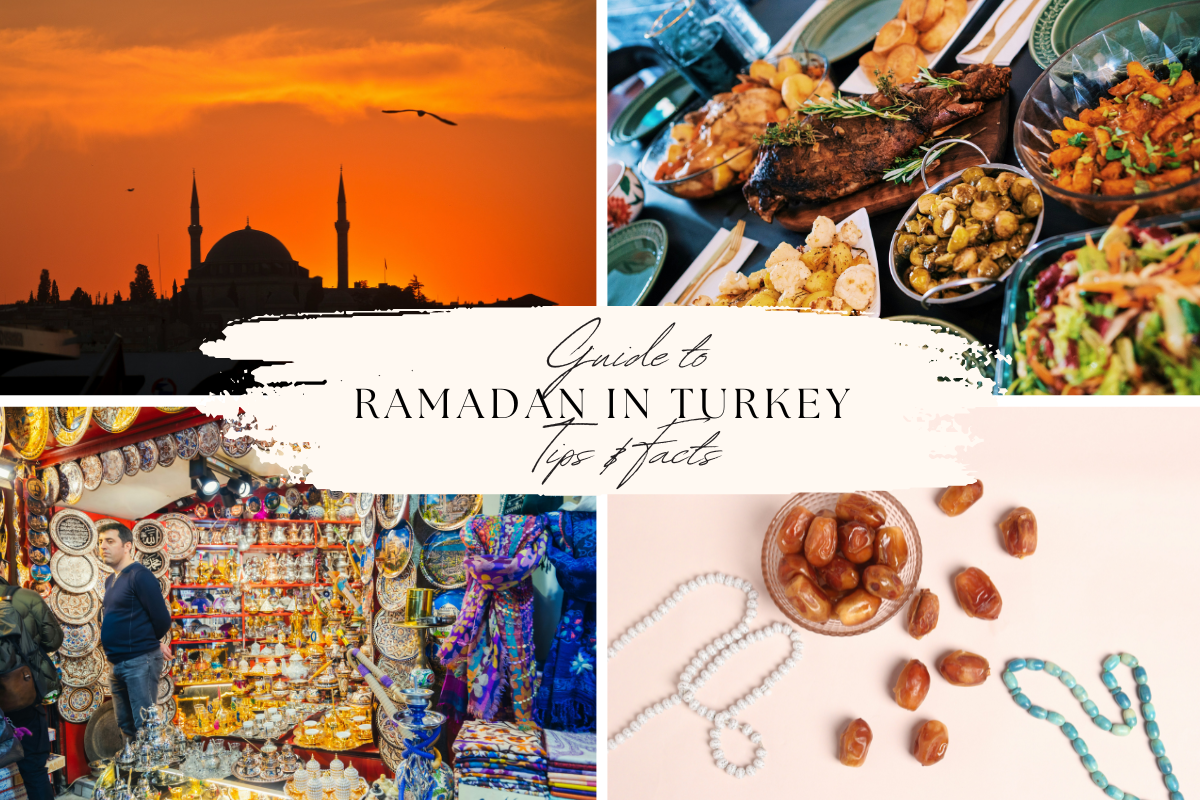
What is Ramadan?
Ramadan is the ninth month of the Islamic lunar calendar, observed by Muslims worldwide as a month of fasting, prayer, reflection, and community. It is considered one of the Five Pillars of Islam, fundamental acts of worship that shape a Muslim’s faith and practice.
Ramadan is a time for increased devotion and prayer. During this time, which changes every year, Muslims engaging in extra prayers, recitation of the Quran, and charitable acts such as giving to the poor and feeding the hungry. The end of Ramadan is marked by the celebration of Eid al-Fitr. It is a joyous festival that includes special prayers, feasting, and the exchange of gifts, symbolizing the completion of the month-long fast and the spiritual renewal achieved through fasting and worship.
During Ramadan in Turkey, Muslims observe the fasting ritual prescribed by Islam. The ritual entails abstaining from food, drink, smoking, and marital relations from dawn until sunset. The pre-dawn meal, called suhoor, is eaten before dawn, and the fast is broken each evening with a meal known as iftar.
In Turkey, families and communities often come together to share iftar meals, fostering a sense of unity and solidarity. Mosques host special nightly prayers called Taraweeh, where long portions of the Quran are recited, and Muslims engage in increased acts of worship and devotion.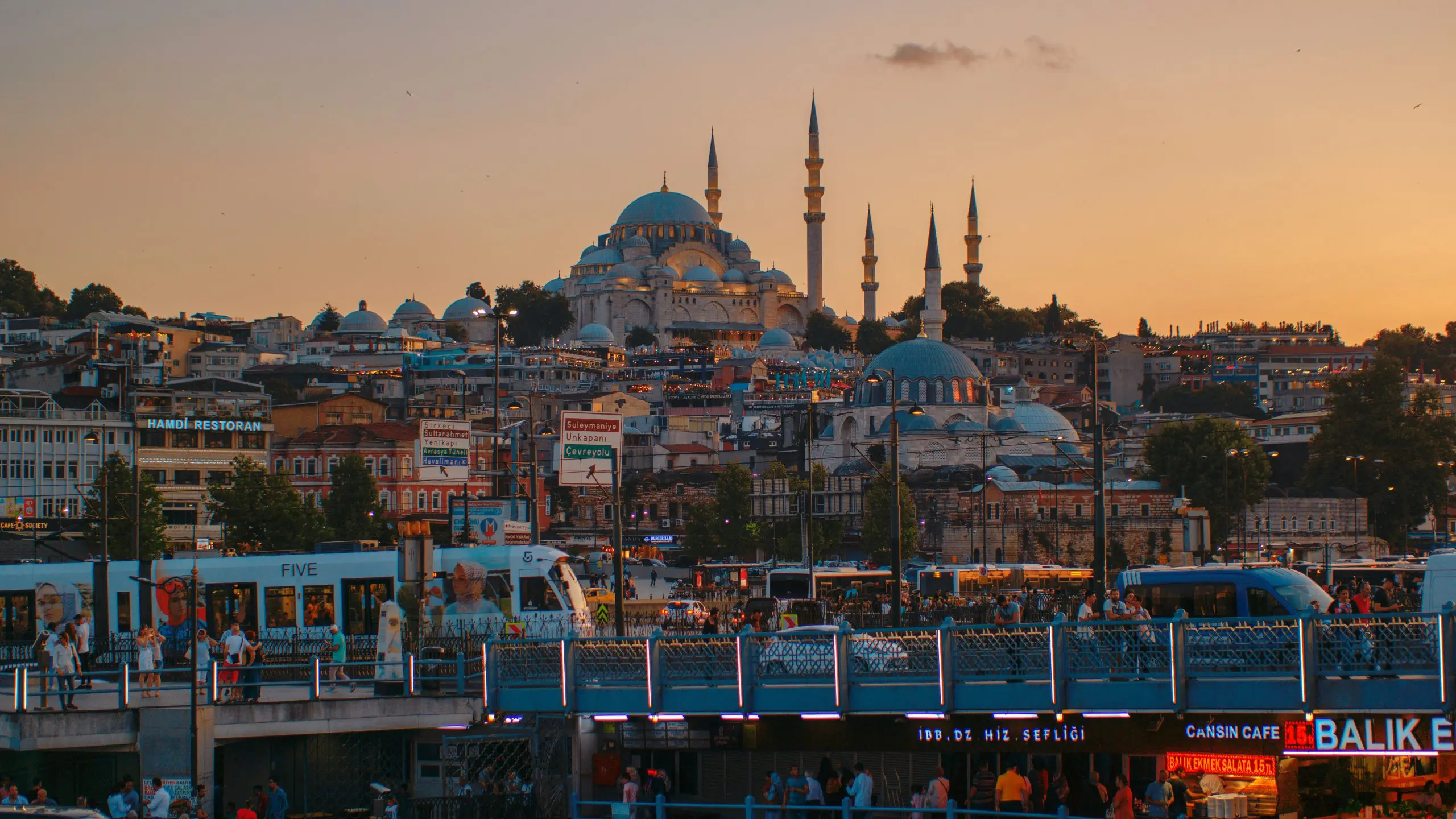
The atmosphere in Turkish cities during Ramadan is vibrant, with streets decorated with colorful lights and decorations, and markets bustling with shoppers purchasing special foods and treats for the evening meal.
Visiting Turkey during Ramadan can be a wonderful experience especially during Eid al-Fitr, known as Ramazan Bayramı in Turkish. This religious holiday is marked by special prayers, feasting, and the exchange of gifts among family and friends. You can witness Turkish culture at its most vigorous time. 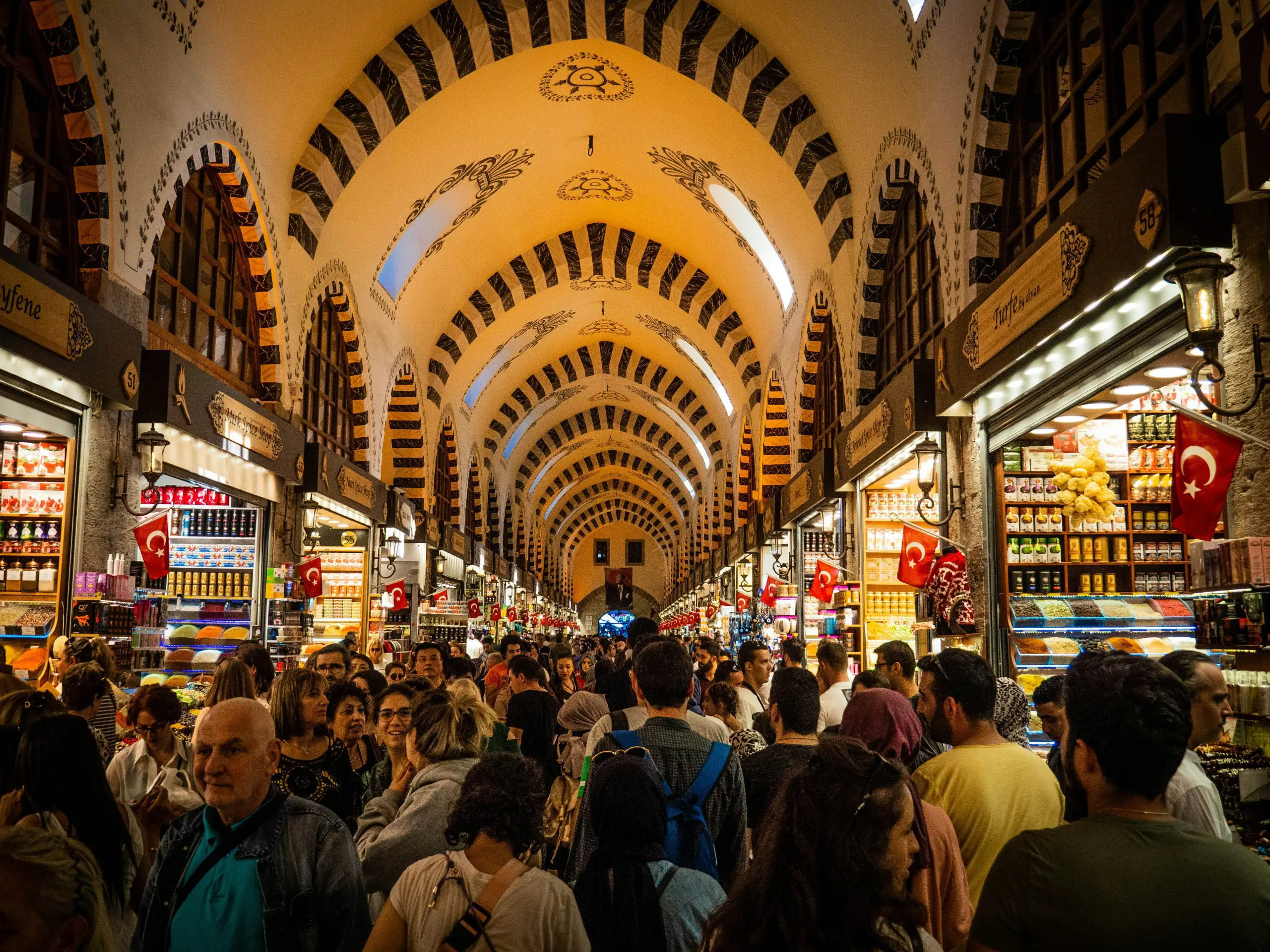
How Does Ramadan Affect Travelers to Turkey?
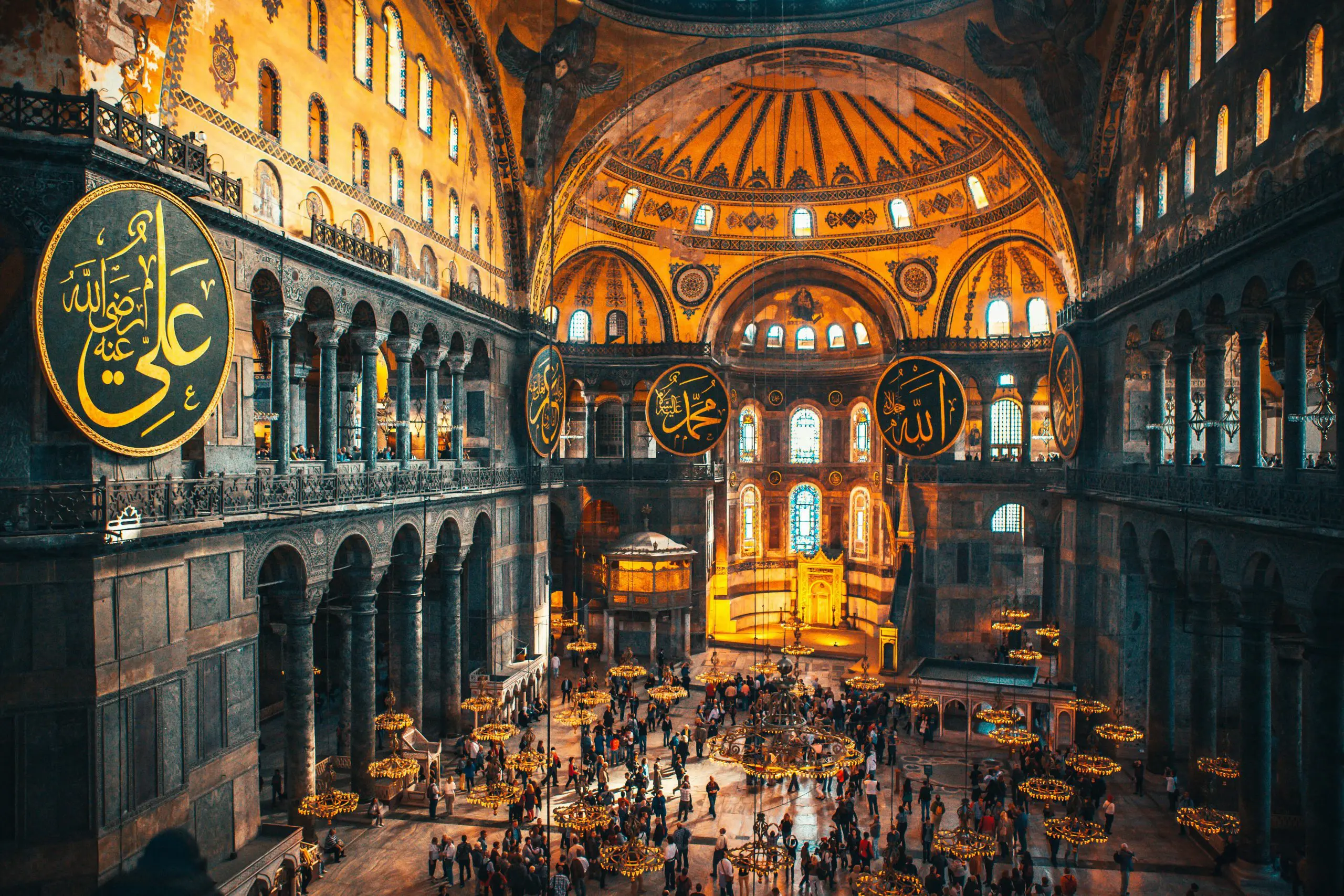
Ramadan has several effects for travelers to Turkey, since the daily routines in major Turkish cities change during this time. However, keep in mind that nothing is without a solution, and you will still have an excellent time as long as you keep these tips in mind.
Is Turkey Worth Visiting During Ramadan?
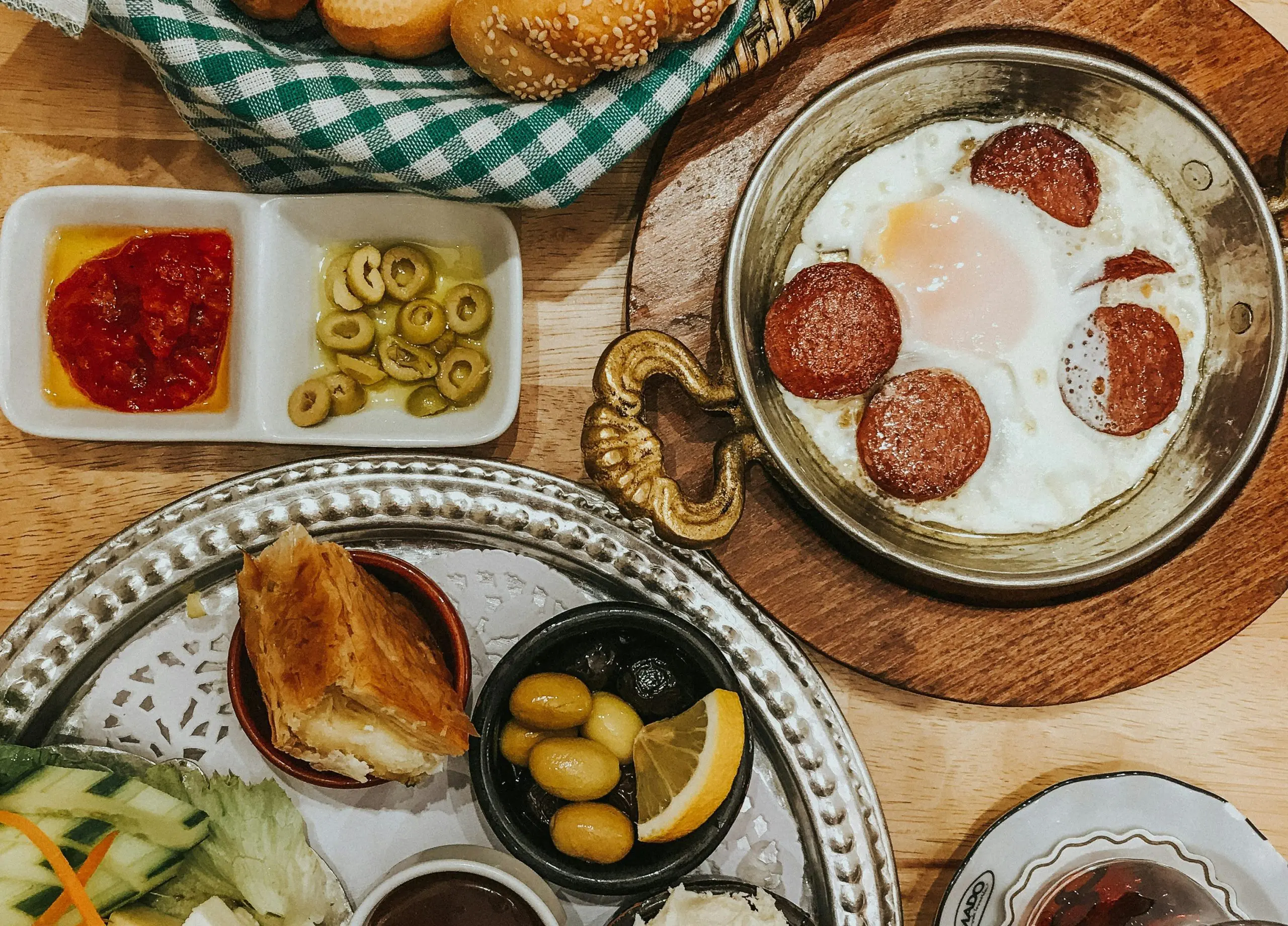
The short answer to the question: Yes! Ramadan in Turkey is totally worth it. Our fellow travelers who visited Turkey during Ramadan with Travel Talk reported having a culturally enriching experience. Despite the adjustments made for fasting, travelers discovered a sense of unity and solidarity among locals as they came together to observe traditions and share in the spirit of Ramadan.
Travelers experienced the beauty of Istanbul’s historic mosques and bustling bazaars, where the call to prayer echoed through the streets, signaling the breaking of the fast at sunset. They had the opportunity to partake in iftar dinners hosted by local communities.
Throughout their journey, travelers witnessed the cultural richness of Turkey during Ramadan, from the illuminated streets of Istanbul to the tranquil shores of the Aegean coast. They found that while some attractions may have had adjusted hours or reduced staff levels, the overall experience was enhanced by a sense of camaraderie.
4 False Facts About Ramadan in Turkey (that aren’t actually true)
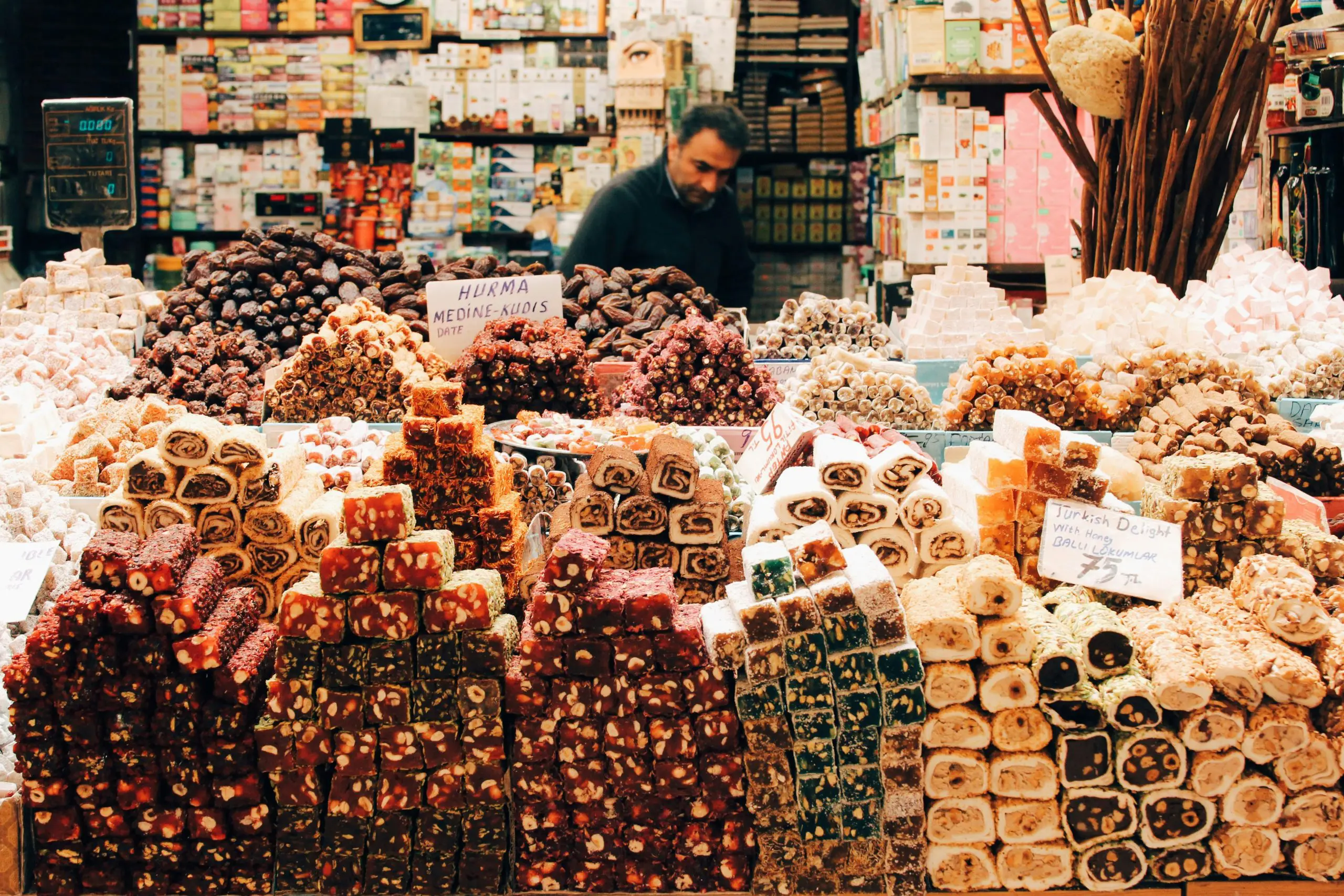
Visiting Turkey During Ramadan Can Be a Wonderful Experience
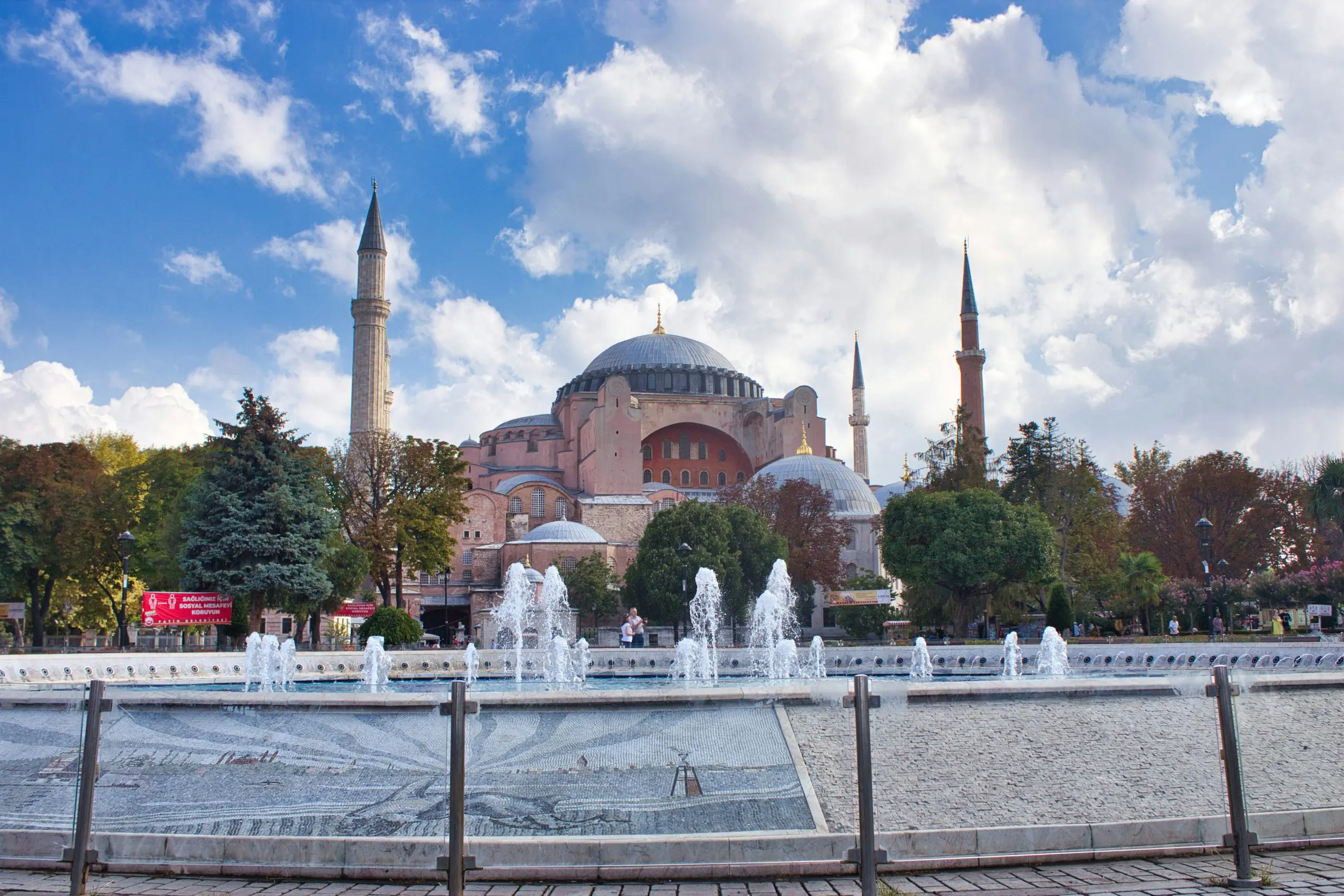
Cultural Immersion
Ramadan provides travelers with an authentic opportunity to immerse themselves in Turkish culture and traditions. From participating in iftar dinners to witnessing special Ramadan events and festivities, you will gain insight into the religious and cultural significance of the holy month for Turks.
Festive Atmosphere
Turkish cities come alive with a festive atmosphere during Ramadan, with colorful decorations, vibrant street markets, and special events celebrating the spirit of the month. Travelers can experience the joyous atmosphere firsthand, joining locals in celebrating the spirit of community and togetherness. In the meantime, international travelers may find that there are fewer crowds at popular tourist attractions and landmarks. This can provide a more relaxed and enjoyable experience
Culinary Delights in Iftar
Ramadan offers travelers the chance to sample traditional Turkish cuisine, including special dishes and sweets that are prepared specifically for the month. From hearty iftar meals to delectable desserts like baklava and güllaç, travelers can indulge in a culinary adventure that showcases the rich flavors and diverse culinary traditions of Turkey.

Ramadan in Turkey – FAQs and Facts
During Ramadan in Turkey, it’s important to avoid eating, drinking, smoking in public, playing loud music, dressing immodestly, displaying public affection, consuming alcohol openly, or disrespecting religious practices.
In Ramadan, it is forbidden for Muslims to eat, drink, smoke, or engage in marital relations from dawn until sunset.
While some bars and alcohol-serving establishments may remain open during Ramadan in Turkey, particularly in tourist areas, they may have adjusted hours or reduced services out of respect for those who are fasting.
Hotels in Turkey typically continue to serve food to guests during Ramadan, including those who are not fasting. But, some hotels may adjust their meal times and offerings to accommodate those who are fasting. Still, you will find lunch and dinner services in international hotels.
Yes, visiting Turkey during Ramadan is definitely advisable! It can offer a unique cultural experience, but it’s essential to be aware of the changes in local customs, dining, and transportation schedules, and to show respect for those observing the fast.
Yes, restaurants in Turkey are generally open during Ramadan. You will definitely find various restaurants serving as usual. In others, operating hours may vary, and they may have adjusted schedules to accommodate fasting hours and iftar.
Ramadan can have some impact on tourists in Istanbul, primarily in terms of dining options and cultural activities. While many restaurants and cafes remain open, some may have adjusted hours or limited menus during fasting hours, and popular tourist attractions may have altered schedules.
Travelers should be mindful of cultural sensitivities and show respect for those observing Ramadan by refraining from eating, drinking, or smoking in public during fasting hours.
Yes, you can visit the Blue Mosque (Sultan Ahmed Mosque) during Ramadan. However, it’s essential to be mindful of prayer times and any special arrangements for visitors during fasting hours or religious services.
Yes, it is okay to travel during Ramadan, but travelers should be mindful of the local customs and practices observed during the holy month, particularly in predominantly Muslim countries like Turkey.
Yes, the Grand Bazaar in Istanbul is generally open during Ramadan, but its operating hours may vary, and some shops may close earlier or have adjusted schedules to accommodate fasting hours and iftar (the evening meal to break the fast).
For travelers considering a visit to Turkey during Ramadan, it’s essential to be mindful of local customs and practices. Check out Turkey Tours with Travel Talk and begin planning your trip today!
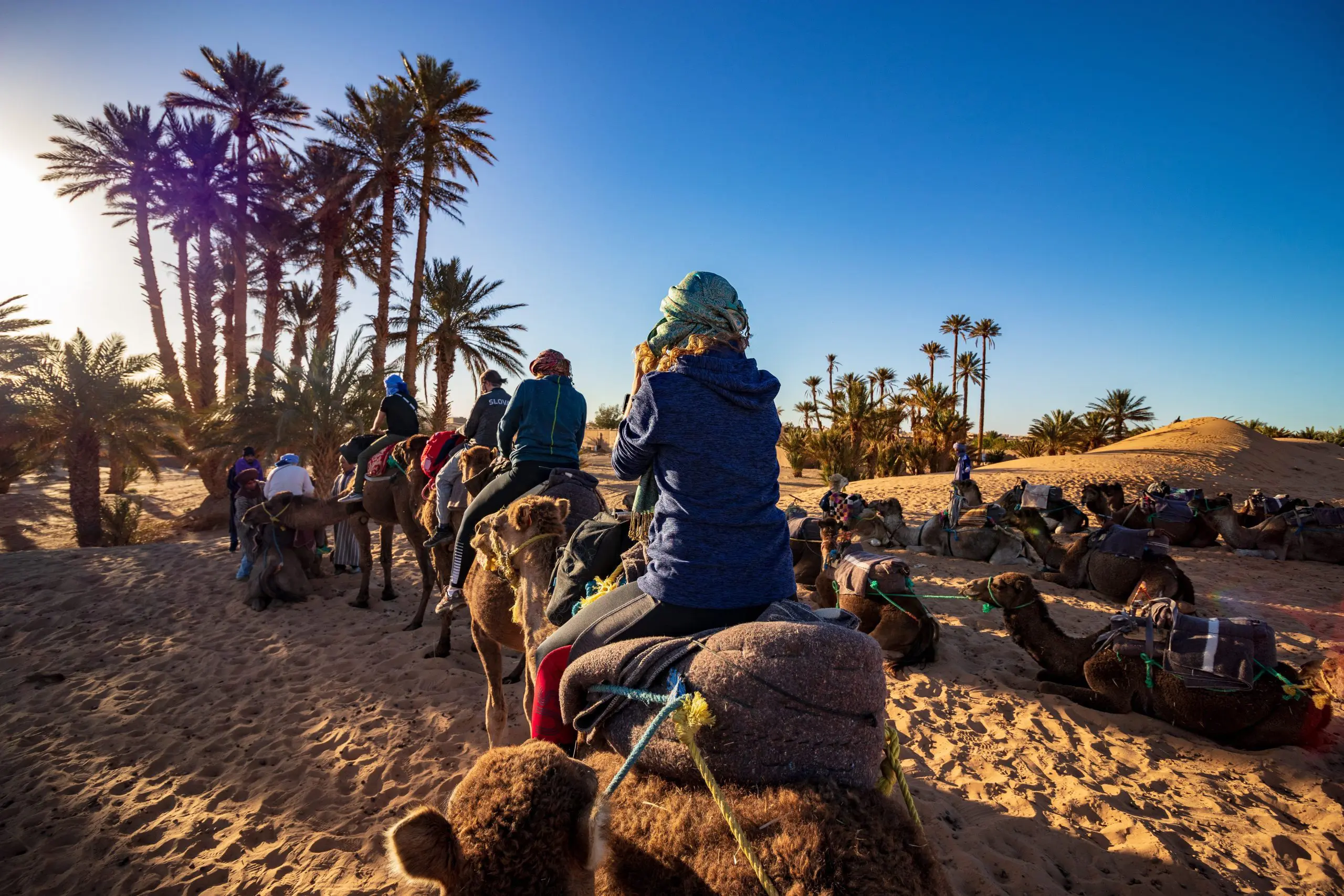 December Sale; Save 50%
December Sale; Save 50%  Croatia Sailing : Save 50%
Croatia Sailing : Save 50% Asia Tours : 50% Off
Asia Tours : 50% Off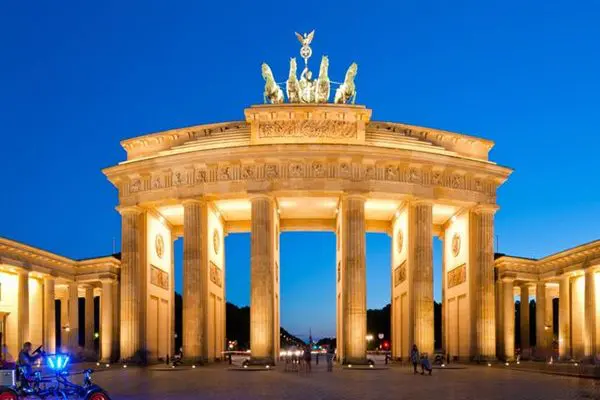 Central & Eastern Europe Tours: 50% Off
Central & Eastern Europe Tours: 50% Off  Why Travel Talk
Why Travel Talk Travel Talk Blog
Travel Talk Blog Responsible Travel
Responsible Travel Fair Travels with Travel Talk
Fair Travels with Travel Talk